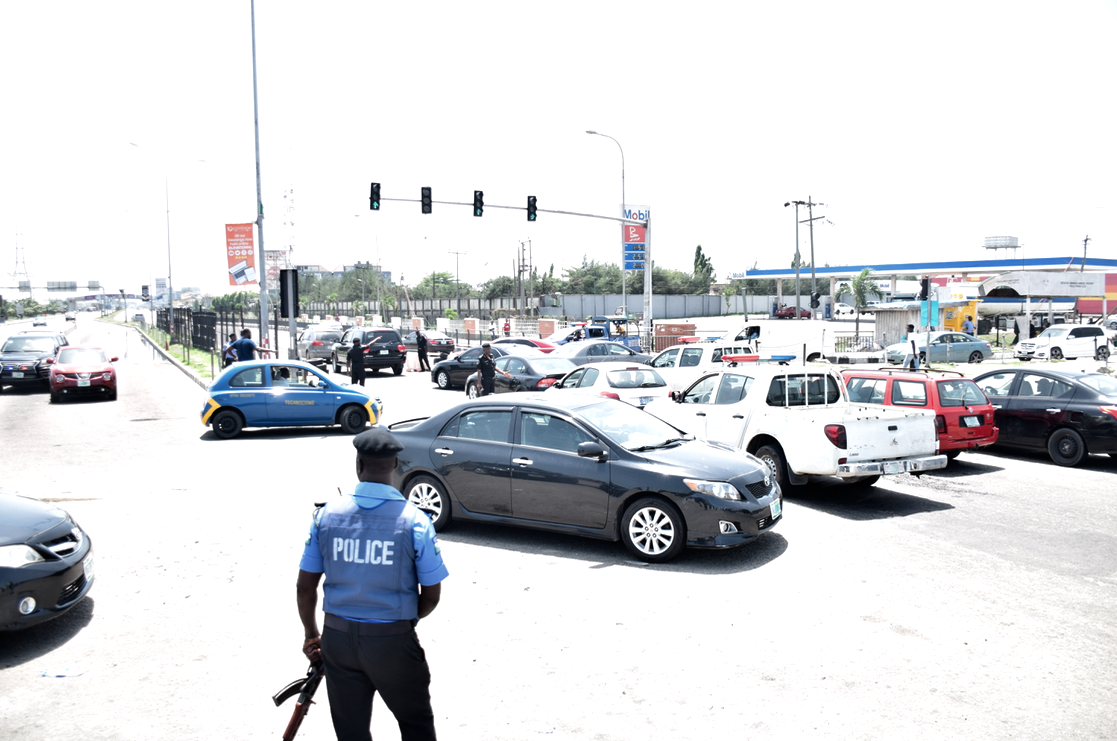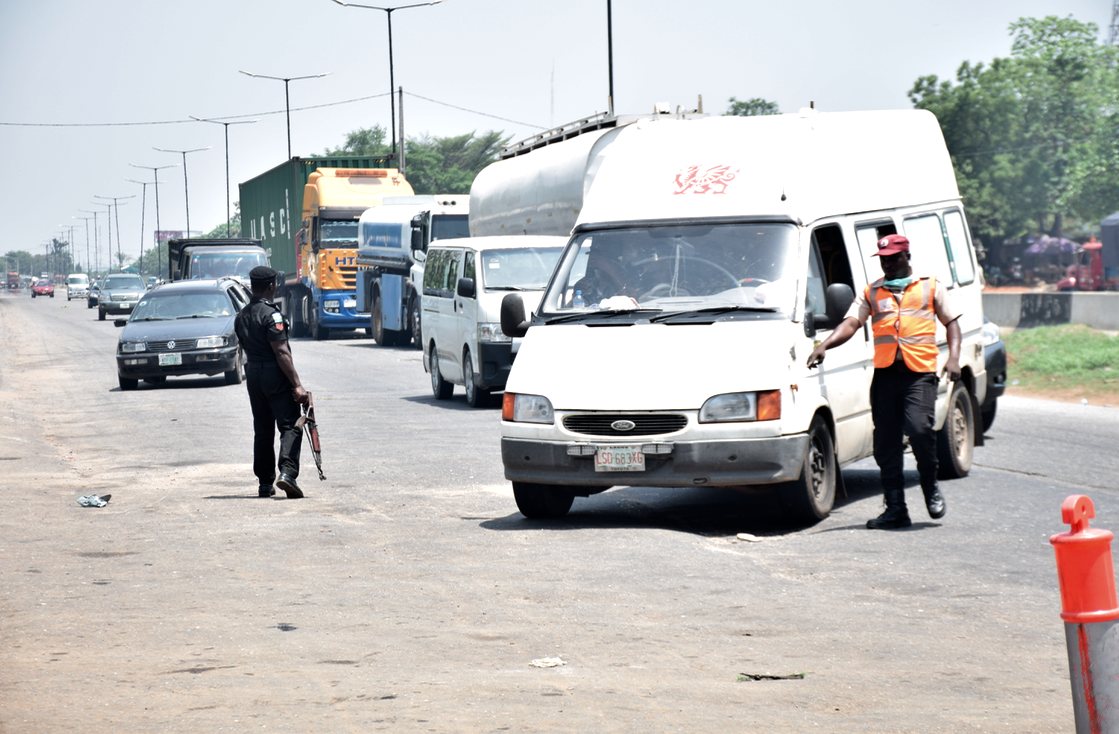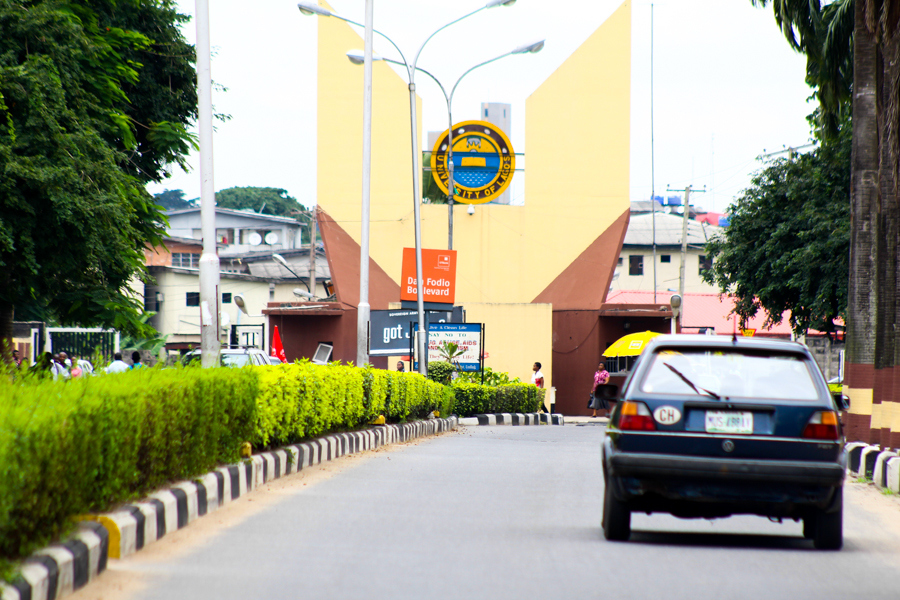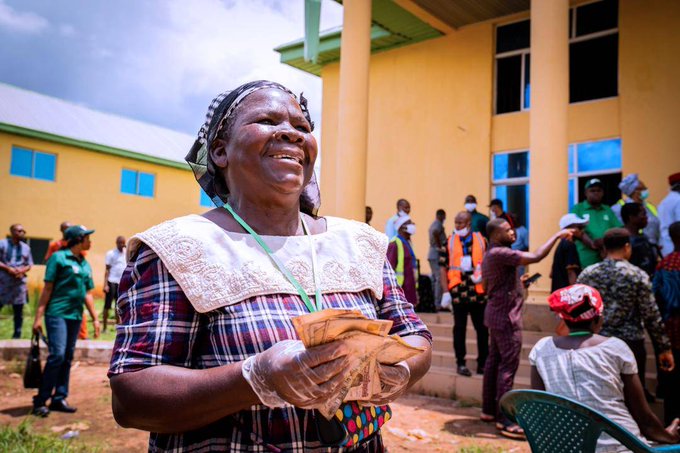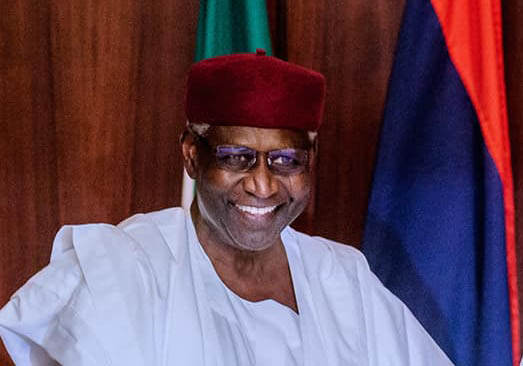BY OLUWOLE OJEWALE
The novel coronavirus disease (Covid-19) pandemic is a global disruption with unprecedented geopolitical, health, economic and security implications. Although, the primary areas of concern are matters of health and public safety, the secondary implications this is generating in the areas of human rights has become an issue of greater concern in Nigeria since the declaration of lockdown and its attendant enforcement by security and law enforcement agents from 11 pm on Monday, 30th of March 2020. While the social, political and economic constraints of Covid-19 pandemic are still emerging in Nigeria, extant report argues that the impact of the coronavirus crisis on crime, law enforcement and order will be profound but likely short term.
The consequences of extremely high demand on the health service alongside drastic government induced measures such as lockdown in Nigeria are expected to shake up all social norms, resulting in a significant shock to the economy and high levels of disruption combined with pressure on families and local communities. This is increasing the demands on the already overstretched security apparatus of government (the military), the Nigeria Police Force, other law enforcement agencies and emergency services. Suffice to state that the policing strategy deployed towards the enforcement of stay at home order by President Muhammadu Buhari and some state governments involved interagency collaboration by security and law enforcement agencies, the Nigeria Police Force maintains the primary responsibility in terms of coordination. Hence, the need to prevail on the Nigeria Police Force and other security apparatus of the state to foster rights based approach to pandemic policing occasioned by Covid-19 in Nigeria.
This becomes pivotal as numerous videos emerged online allegedly depicting police and soldiers kicking, slapping, whipping and subjecting lockdown violators to diverse abuses and forcing people into humiliating positions. Notably, four days into the lockdown, the security agents had reportedly killed one person in Warri, Delta state even though total death recorded as a result of COVID-19 in the entire country is four, 35 days after of the report of the index case in Nigeria. This poses a challenging question; would Nigerians experience more death in the hand of security and law enforcement agents enforcing lockdown directive than the Covid-19 fatality itself?
Advertisement
In a period when national unity in Nigeria and trust in the state agents are vital, such actions could prove disastrous. The lockdown in Nigeria has witnessed large deployment of soldiers and police personnel mounting roadblocks and patrolling streets across the major cities. Their task is to enforce the emergency proclamation of President Muhammadu Buhari with a view to aid the health workers in containing the Covid-19 pandemic in Nigeria. These stipulate that only those with the authority to leave their homes, for example people providing essential services can do so. Everyone else must abide by government’s instruction to stay at home. As cited above, there are security and law enforcement personnel who are flagrantly abusing their authority while enforcing the lockdown. Although they are empowered to use minimal and appropriate force to make an arrest, intervene in a criminal incident or protect themselves and others from harm. The complaints emanating from Nigerians across the social and mainstream media platforms have shown that the type of force applied by most security and law enforcement officers is fast translating to torture and wanton human rights abuses. Rather, it appears extreme, punitive and random.
Drawing from the above cited developments, the citizens, security and law enforcement agencies, and the civil society organizations must act rightly and promptly to stem the tide of human rights abuses which have dominated the landscape as we combat Covid-19 pandemic in Nigeria. The starting point is the mobilization of a critical mass of digitally engaged citizens to work with the civil society actors and security agencies to report with verifiable evidences– incidents of human rights abuses being perpetrated by the security and law enforcement agents on Covid-19 patrol duty. To this end, citizens are enjoined to take advantage of the COVID-19 Public Safety Support Virtual Centre (COVID-PSSC) launched by the CLEEN Foundation to provide real-time public safety and security information to oversight agencies and the general public.
Essentially, the electronic platform using crowd sourcing technology is deployed for reporting compliance by citizens to government’s stay at home directives and document rights violations by security and law enforcement personnel. In addition, state representatives and volunteers of Covid-19 Nigeria Security Support Group (CNSSG) will report conditions and needs of vulnerable groups and communities in the society to aid health and security officials and other critical stakeholders in responding effectively to the management of Covid-19 pandemic and related issues in Nigeria. Although, the Covid-19 pandemic incidents have only been reported in 12 states and the FCT, the CLEEN Foundation is deploying observers in the entire 36 states and the FCT to monitor the conduct of the security agents in terms of their compliance with rights based approach in the enforcement of the lockdown. The idea on national coverage stems from the persuasion that virtually all the state governments have issued various emergency orders aimed at enforcing citizens’ compliance to Covid-19 associated directives in the states. At the centre of enforcement is the Nigeria Police Force.
Advertisement
Another very important right issue associated with pandemic policing is the protection of the fundamental human rights (in this case- the right to life) of the security and law enforcement personnel deployed on patrol duty for the Covid-19 pandemic. During a pandemic situation like the Covid-19, police must be prepared with the proper equipments that transcend guns and badges. Officers are expected to wear and bear preparedness kits such as personal protective equipment (face mask, hand sanitizer, gloves, coveralls and eye protection) as occasion demands and provided by the Nigeria Police Force and other relevant security agencies participating in the Covid-19 patrol exercise. Deploying officers on such a delicate duty without proper provision of the necessary kits would be tantamount to infringing on their right to life and it could be suicidal!
In conclusion, this piece is a reserved dialogue aimed at providing a modest framework for reconceptualizing the role of police in pandemic situation. The Nigeria Police Force as a core member of the first responder system must continue to break down cultural barriers that diminish their capacities to effectively serve communities in the wake of this pandemic. With the report of human right abuses emerging online and offline due to the activities of security and law enforcement agents on Covid-19 duty, there is little doubt that in many instances the pandemic situation will not be compounded due to insufficient preparations and lack of right based responses from the law enforcement agents. This is a clarion call to the citizens, the civil society organizations, and the security and law enforcement agents to act right.
Ojewale is a scholar in urban affairs and a global development professional with vast project experiences on accountable governance, security and community resilience in the Sub-Saharan Africa. He tweets @woleojewale
Advertisement
Views expressed by contributors are strictly personal and not of TheCable.
Add a comment
